In a bold move that's sending shockwaves through the gaming community, the upcoming open-world RPG Infinite Ananta (also known simply as Ananta) is ditching the controversial gacha mechanics that have dominated mobile and live-service games for years. Developed by Naked Rain and published by NetEase, this anime-inspired title promises a fairer, more player-friendly experience where all characters can be unlocked purely through gameplay, and monetization is limited exclusively to cosmetic items. This approach could set a new standard for the industry, especially in a genre often criticized for pay-to-win elements.
Is the Gacha system dying?
Looks like all the devs have been seeing the upcoming fierce competitions in the gacha market and decided to go their own route to deal with the issue. It all started with the first Genshin challenger Wuthering Waves making the weapon banners guaranteed . Now games like NTE is making the first character drop a guarantee, and Duet Night Abyss and Ananta are ditching the system altogether.
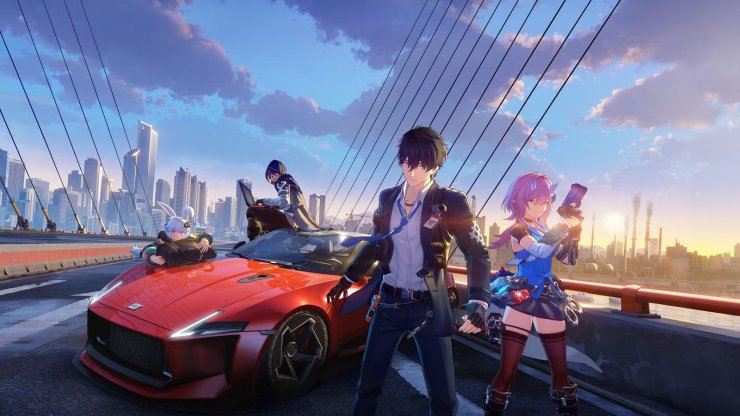
This is a great way to prepare for competitions with the older more established titles like Genshin Impact, whose monetization system is highly predatory.
ANANTA's gameplay does not suit gacha in the first place
A gacha system would force the gameplay to be designed around getting new characters, which contradicts the GTA-style game where people can just pick up random weapons and use.
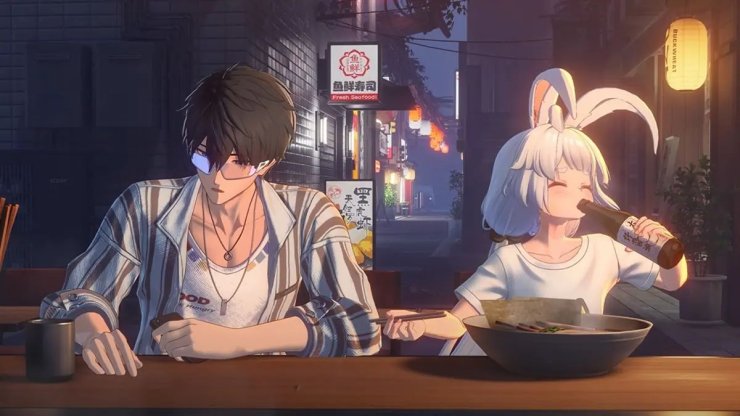
Based on the trailer, ANANTA might have an identical system to GTA Online - players will be able to use real money to buy in game cash to get outfits and vehicles. However, outfits and vehicles only matter if you can show them off to other players, so the devs might want to bolster the game's multiplayer capability.
Cosmetics-Only Monetization: Style Without Sacrifice
With character acquisition off the table for monetization, Ananta shifts its focus to purely cosmetic elements. In-app purchases will revolve around customization options like clothing, vehicles, homes, and DIY features. These aren't essential for progression or power; they're enhancements that let players personalize their experience.
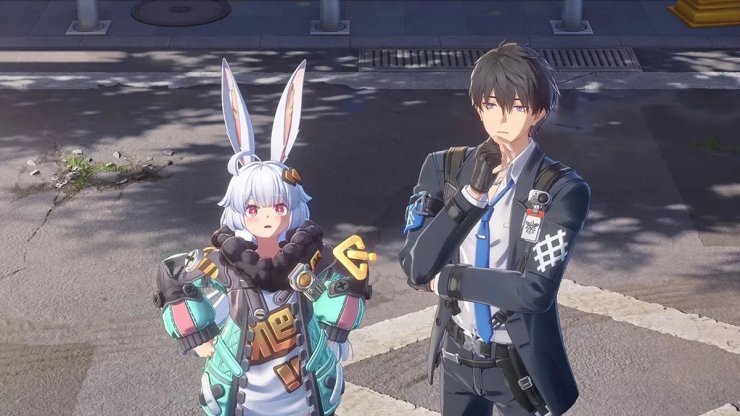
Imagine outfitting your character in unique outfits for different occasions, upgrading your ride with stylish mods, or decorating a virtual home to reflect your tastes—all without affecting gameplay balance.This model draws inspiration from successful titles like Fortnite and Warframe, where cosmetics drive revenue while keeping the core game accessible.
By avoiding pay-to-win pitfalls, Ananta aims to appeal to a broader audience, including those wary of gacha's addictive nature.
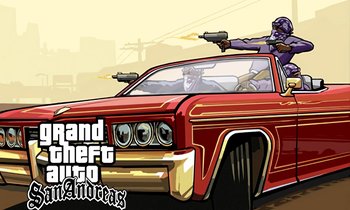
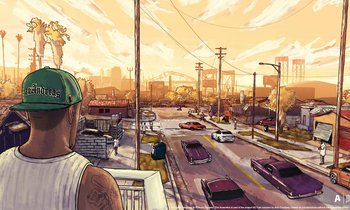

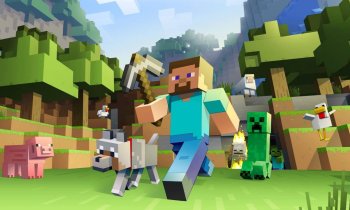






Comments